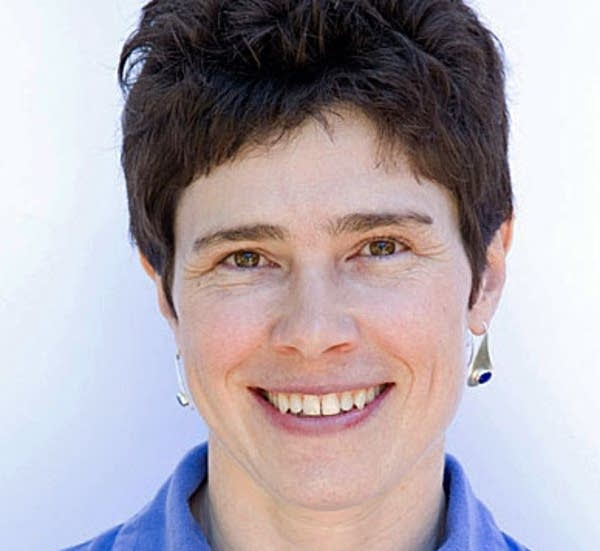Mental health symptoms count among the barriers that refugees must overcome

According to the Minnesota Department of Human Services, our state is home to more than 70,000 refugees.
Refugees arrive here from countries wracked by political violence. Torture is used intentionally in their homelands to silence opposition and transform cultures through fear. So it isn't surprising that refugees aren't comfortable speaking about the atrocities they survived.
Resettlement programs seek to integrate refugees into our communities and to help them achieve economic self-sufficiency. But unless we address their traumatic experiences, we condemn many to live in silence with undiagnosed and misunderstood symptoms of major depression and post traumatic stress disorder.
The real tragedy is that their symptoms are treatable.
Create a More Connected Minnesota
MPR News is your trusted resource for the news you need. With your support, MPR News brings accessible, courageous journalism and authentic conversation to everyone - free of paywalls and barriers. Your gift makes a difference.
Refugees arriving in the United States typically receive a health exam to identify physical problems, but they are not screened systematically for mental health problems. About half of all states do provide mental health screening, but most of those rely on informal conversation, making it less reliable.
The Center for Victims of Torture (CVT) often receives referrals of refugees who are torture survivors after an eight- to 10-year period of difficult resettlement due to undiagnosed and untreated mental health symptoms. Those symptoms make it difficult for refugees to learn English, adjust to community life, learn a new culture and support their families.
Health clinics often tell us they know how to treat trauma, but they lack the language and cultural knowledge. Refugee leaders and groups often tell us they have the cultural knowledge but don't know how to treat trauma.
It is time we learn to work together.
First, more must be done to include mental health screening along with the required medical exam. CVT is currently collaborating with the University of Minnesota, the Minnesota Department of Health and four refugee groups to develop a culturally appropriate mental health questionnaire for refugees coming to our state. Simple questions in the refugee's language will identify those who might benefit from mental health services, and allow the health care screeners to refer them to the best resource in the community.
One such resource emerging in Minnesota is community health workers. They are bicultural and bilingual health workers who help link vulnerable populations to the health care system and could be used when larger numbers of refugees are screened and identified for mental health concerns.
This collaboration could generate a model screening tool that would be consistently used across the United States. There are several rehabilitation centers around the country with expertise in caring for torture victims and deep knowledge about the effects of political violence. These centers could be tapped to consult with states and train mainstream health care professionals on providing culturally appropriate and sensitive care to torture and war trauma survivors.
CVT's Healing in Partnership project is also working to address the mental health needs of refugees in Minnesota. Through Healing in Partnership, CVT trains refugee leaders in Minnesota to lead support and education groups for community members using culturally adapted materials. The refugee leaders are now learning how to identify people who are suffering from torture or war trauma and find them the care they need.
Refugees should not be forced to suffer years in silence. Human rights atrocities leave an indelible mark on survivors, but we know they can heal with appropriate care. If we can identify those in need of care, we can help refugees build successful lives and have a lasting impact on the communities they now call home.
----
Andrea Northwood is director of client services at the Center for Victims of Torture in St. Paul.
